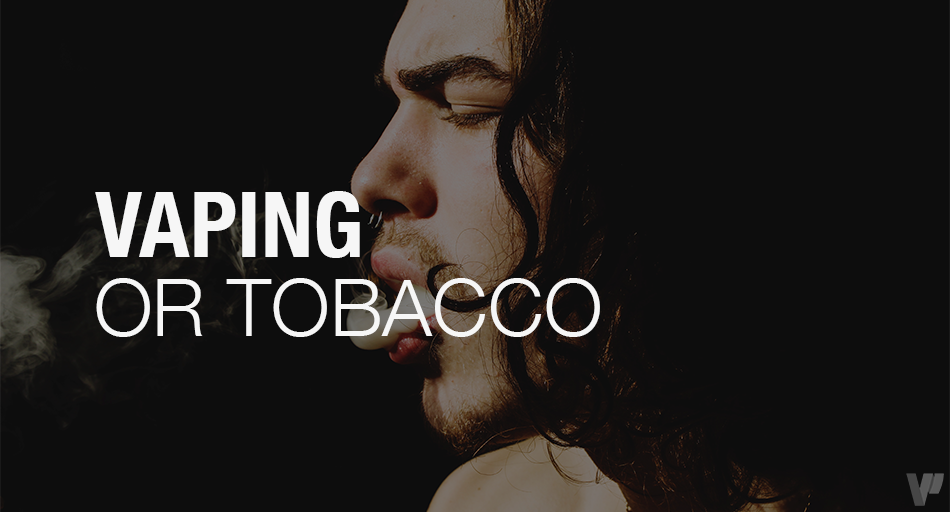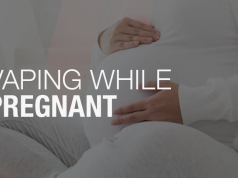Tobacco cigarettes are one of the deadliest inventions ever, and the consumption of smoking tobacco kills more people than all wars and natural disasters combined. So, if you’re wondering whether to switch from smoking tobacco to an e-cigarette, you must already think tobacco’s dangerous, and that’s a good thing.
In an ideal world, it would be a question of tobacco or nothing at all
In a perfect world, we’d breathe clean mountain air and never smoke or vape. We’d also live in places where the air is as clean and the food as healthy as can be. Except that our societies are flawed and we often behave dangerously. So what do we do with those people who – in spite of everything – continue using highly dangerous products?
That’s the whole point of risk reduction. An early example of this in modern society is the fight against AIDS. Without getting into the history too much, it was extremely difficult to convince health authorities that drug addicts needed to use clean syringes, or that homosexuals needed protect themselves during sex. Today, that seems nearly normal. But even though tobacco causes thousands of people to die prematurely every year, some people still struggle to accept that risk reduction should be used to fight smoking.
You might think there’s pressure from pharmaceutical or tobacco lobbies, or because of the tax revenues earned. You’d be right. But, unfortunately, stopping smoking overnight is extremely hard. If the fight against smoking is one of the main challenges in public health policy today, it’s for good reason. Sadly, a high proportion of smokers continue smoking, meaning ministries of health are up against an irreducible section of the population who cannot, or simply will not, quit.
Anything that stops you smoking tobacco is a good thing. Quitting smoking is so beneficial to smokers’ health that we need lots of ways to encourage it, and achieve it, as well as the resources to do so.
No comparison between smoking tobacco and e-cigarette vapour
There are now hundreds of scientific studies being carried out about e-cigarettes. Although this subject can be highly controversial, for the last few years clear scientific consensus has been emerging. Vaping offers a considerable reduction in risks compared to smoking tobacco.
Countries have taken different stances, depending on their public health policies. Europe, for example, hasn’t definitively said that vaping can help smokers quit, but it’s one of the unofficial recommendations in the French annual “Tobacco-free Month” campaign. The UK has seen vaping accepted the most enthusiastically at a political level. The British Department of Health was also the first to published a full report about e-cigarettes in 2015. It’s there in black and white, and proclaimed in every tobacco prevention campaign in Britain: 95% less dangerous than smoking tobacco. The result? Hundreds of thousands of smokers have taken up vaping and improved their health as a result.
If you want to read about the many vaping studies, we’ve got a section dedicated to just this topic. The important thing to remember if you’re trying to choose between vaping and tobacco is that e-cigarettes are an excellent choice.
Ideally, our only choice should be between smoking or not smoking, and vaping wouldn’t even exist, but we don’t live in an ideal world. Smoking is very dangerous for your health, even if you don’t smoke much. Most of all, it’s the length of time you’re exposed to the pollutants in smoke that puts you in danger. Without the carbon monoxide, tar and fine particles found in tobacco smoke, e-cigarettes are a godsend for public health because they have far fewer toxic compounds. Governments around the world should be adopting them immediately, as should you if you’re a smoker.
If you want a healthier lifestyle, don’t smoke. If you’re not a smoker, don’t vape.
If you don’t want to stop smoking, or can’t, e-cigarettes are an option worth considering, but you should aim to quit smoking permanently. It’s important.
This article is not intended as medical advice. If in doubt, always contact a healthcare professional.








